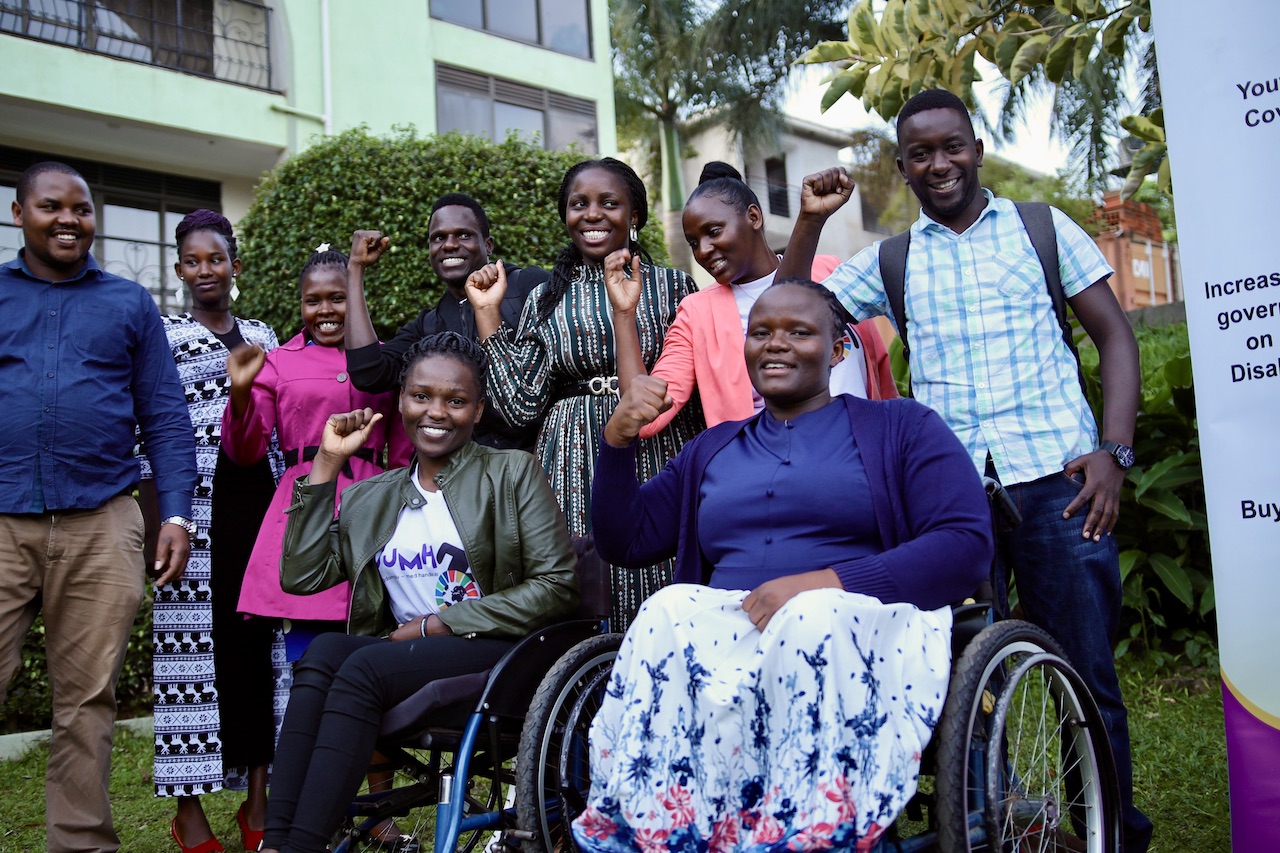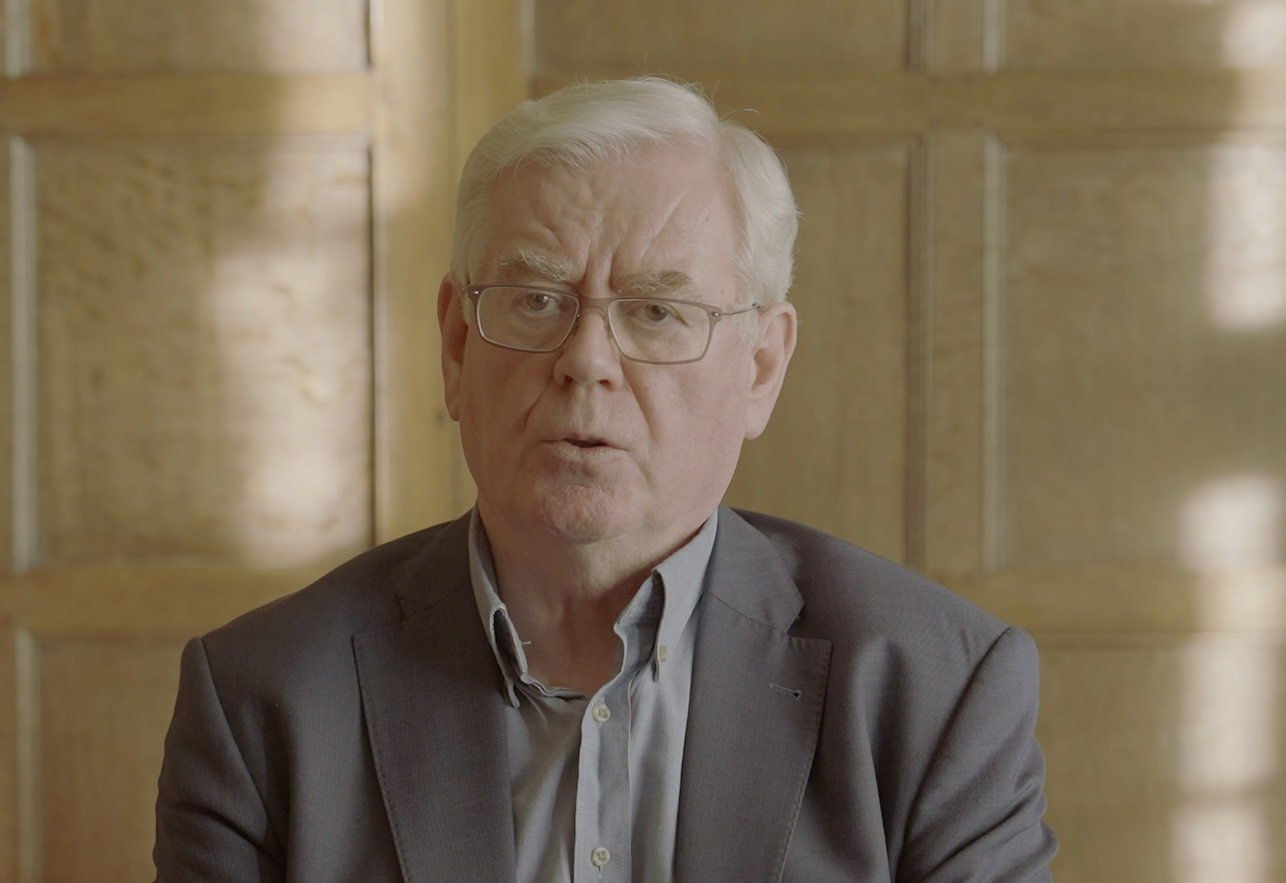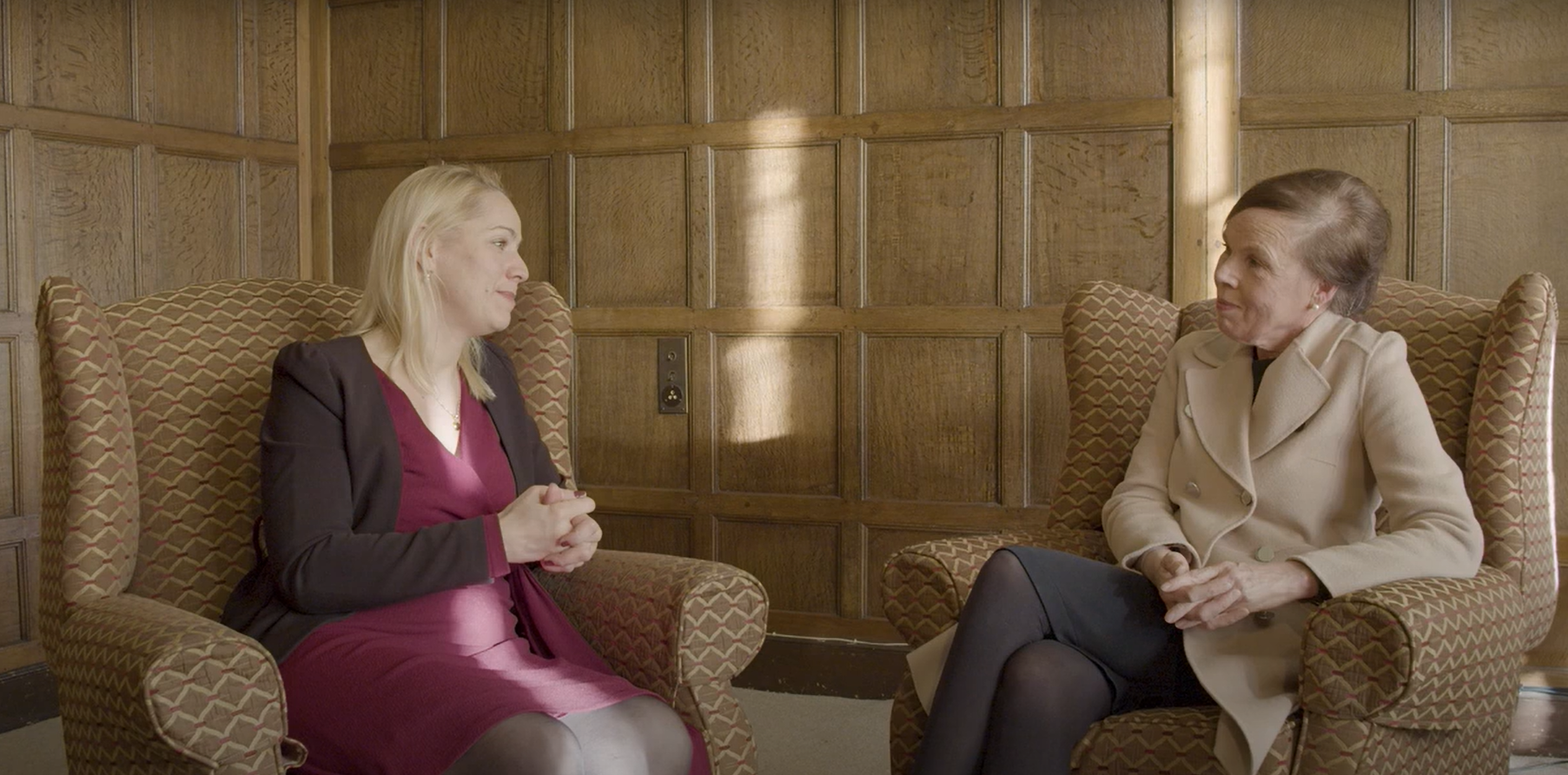As part of our human rights series, this conference brought together multilateral institutions, national governments and advocacy groups to consider how to promote the rights of lesbian, gay, bisexual and transgender (LGBT) persons.
Key points were:
- The recognition that lesbian, gay, bisexual, transgender and intersex (LGBTI) persons experience discrimination in different ways is crucial to ensuring that the needs of each community are respected equally. A nuanced approach that appreciates these distinctions but which aims at an overall improvement of the rights enjoyed by the whole community can build on the many opportunities presented by diversity.
- It is important to remember that there is interplay between the lived experience of LGBTI persons and the formal legal or policy contexts in which they exist. However, recognised legal status is indispensable as a symbol of belonging and in ensuring full citizenship. Repealing criminalisation laws is a necessary step towards equality, as well as advancing initiatives that ensure the full implementation of positive laws designed to provide protection from harm.
- There is a tension as to whether to prioritise formal legal or policy changes or capacity development for groups providing protection for LGBTI persons from persecution. Litigation, diplomacy and civil society activism all have a role to play, but each effort must aim to be relevant to the particular context.
- Educating publics and officials is vital to increase understanding and ensure that narratives about perceived values do not detract from the essential requirement of equally applied internationally agreed human rights standards.
- Alliance building and strong coalitions are key: particularly with related efforts to promote human rights and development projects. These may include gender equality, sexual and reproductive health, and social and economic inclusion. The media and social champions of the human rights of LGBTI persons serve to amplify the message of tolerance, and there is much to be gained from identifying unusual voices which can change attitudes in new ways.
- Generating evidence on trends will pressure governments to take the issues of LGBTI persons seriously. Comprehensive collation and communication of this information on an international scale would provide a stronger global case as well as underpinning efforts at the national level.
- Human rights defenders benefit from being able to ‘speak the language’ of the people whose hearts and minds they are seeking to influence. For example, governments may be more receptive to proof of the economic improvements that a legal recognition of LGBTI persons provides to the whole of society. Every opportunity to effect change in this way will serve to strengthen the position of minorities.
- Governments, regional bodies and international institutions should increase efforts to communicate with each other and within their organisations to help ensure that LGBTI issues are considered throughout their work. Effective consultation with the LGBTI community will also clarify the alignment of priorities.
- There is an inherent difficulty in trying to generate consensus across and within the different sectors and levels of the international system. Whilst acknowledging the need for a diversity of approaches, there is room to coordinate a clearer message on the shared aims of all those working to promote human rights.
- Coordinated action at the international level remains important to build on the gains already made and to move the issue forward. Whilst continuing to push for a second sexual orientation and gender identity (SOGI) resolution is considered to be essential, using the full range of options currently available through the UN system provides many other opportunities.
- There is an opportunity to take advantage of the current level of international attention on this issue, whilst creating clear and sustainable strategies for the longer term. Communication is crucial to capitalise fully on each success and share the lessons learned from setbacks.
Further information
International Law and the Uncertainty of Rights for LGBT People (Graeme Reid)












